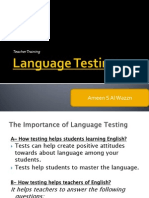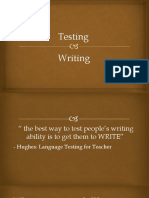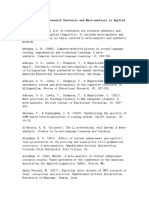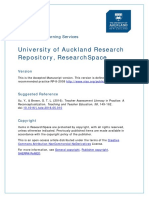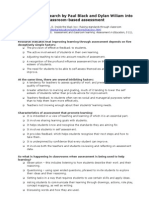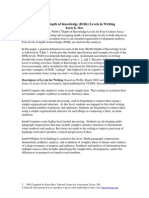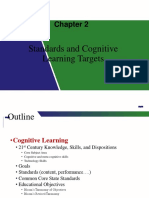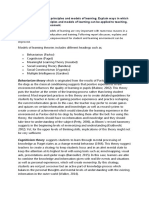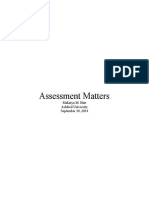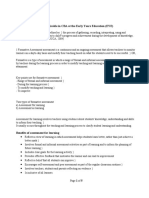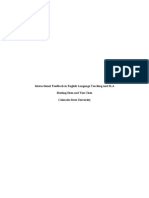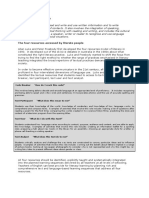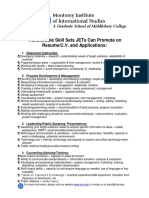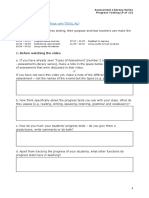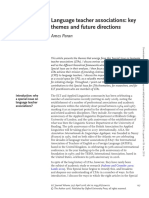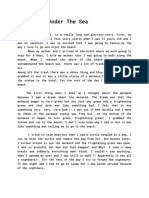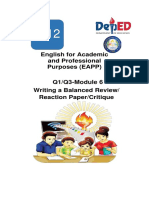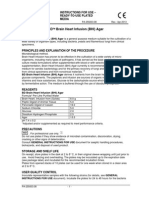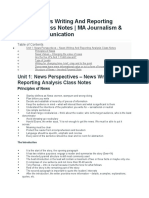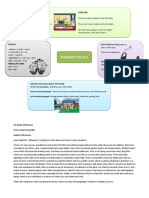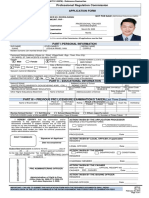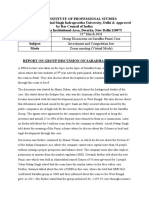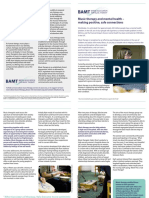0% found this document useful (0 votes)
75 views4 pagesIntro To Assessment
This document discusses different types of assessments used in education, including initial, diagnostic, formative, and summative assessments. It provides an overview of each type of assessment, including their purposes and when they are typically used. For example, initial assessments are used for placement and diagnostic assessments identify specific strengths and weaknesses, while formative assessments are ongoing to inform teaching and learning and summative assessments evaluate learning at the end of a period of instruction. The document also explores advantages and disadvantages of different assessment types through discussion questions.
Uploaded by
seattlechazCopyright
© © All Rights Reserved
We take content rights seriously. If you suspect this is your content, claim it here.
Available Formats
Download as PDF, TXT or read online on Scribd
0% found this document useful (0 votes)
75 views4 pagesIntro To Assessment
This document discusses different types of assessments used in education, including initial, diagnostic, formative, and summative assessments. It provides an overview of each type of assessment, including their purposes and when they are typically used. For example, initial assessments are used for placement and diagnostic assessments identify specific strengths and weaknesses, while formative assessments are ongoing to inform teaching and learning and summative assessments evaluate learning at the end of a period of instruction. The document also explores advantages and disadvantages of different assessment types through discussion questions.
Uploaded by
seattlechazCopyright
© © All Rights Reserved
We take content rights seriously. If you suspect this is your content, claim it here.
Available Formats
Download as PDF, TXT or read online on Scribd
/ 4
